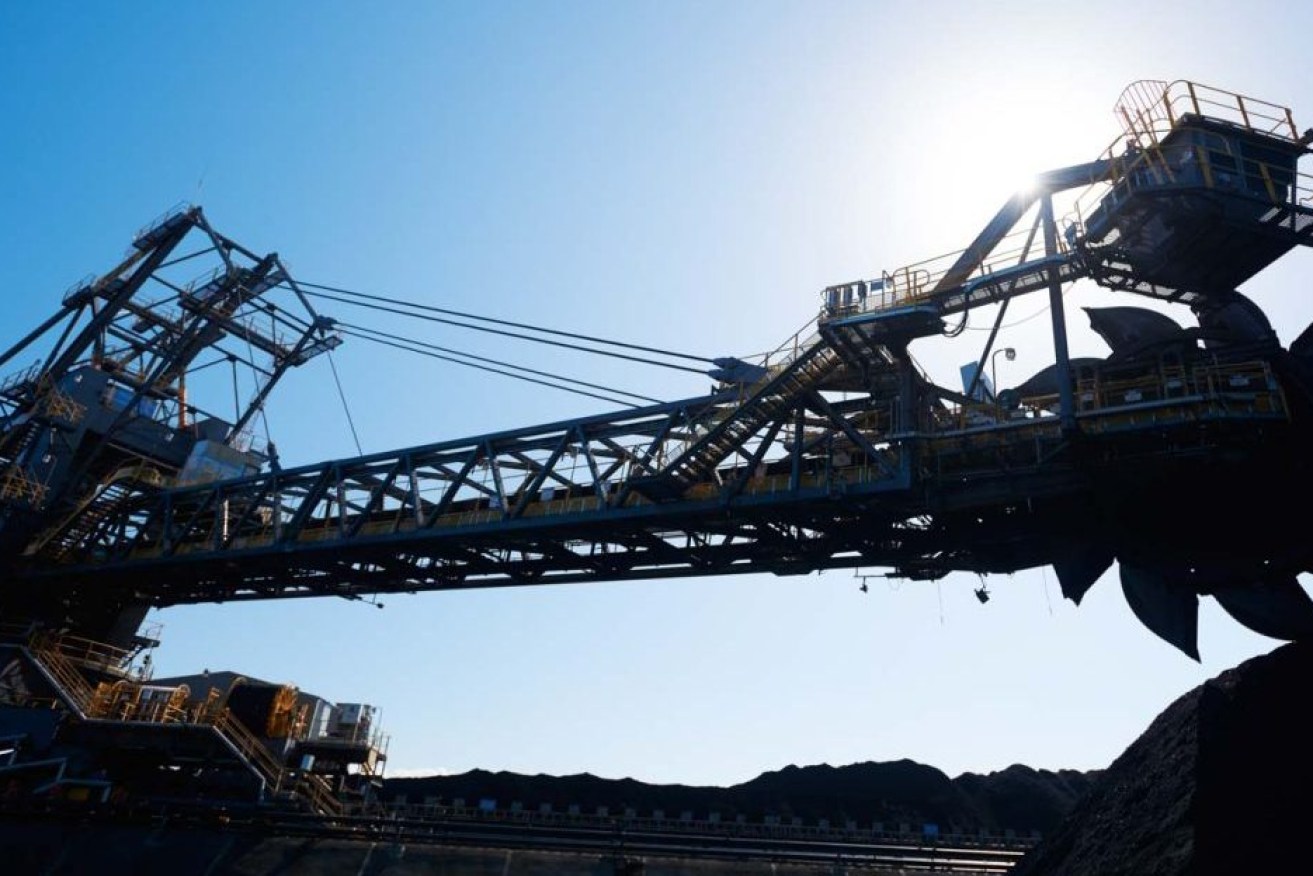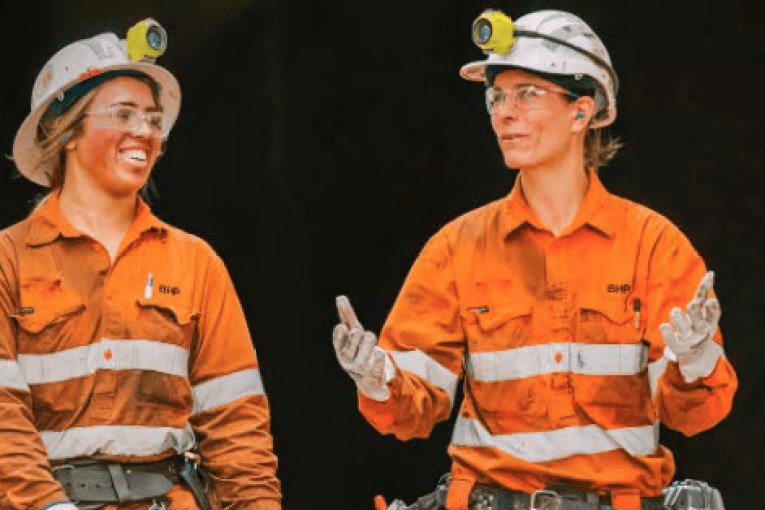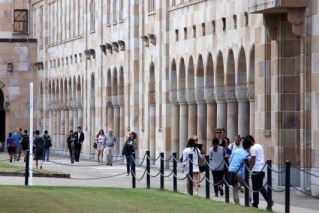Coal jobs hit record high in Queensland as Australia struggles with future
Australia shelved 80 million tonnes of coal annual production last year and cancelled another 90 million tonnes but the industry remains far from dead with jobs in the Queensland coal sector hitting a record of 44,000 and a swag of new projects under consideration.


BHP's Hay Point coal terminal in Queensland (photo supplied)
The World Coal Association said coal’s record-breaking year in 2022 meant that its share of carbon dioxide emissions topped 15.5 billion tonnes for the first time and inquiries mounted on coal mining’s methane emissions.
The spike in demand last year was the result of world recovering from Covid restrictions as well as geopolitical issues impacting energy production.
“For years, the industry’s expansion plans have unnerved major investors, governments, and civil society on economic and climate grounds, and the IEA has now repeatedly warned that no new mines or mine expansions are required under net zero pathways,” WCA said.
The record production year of 2022 meant renewed speculation about a coal comeback and the Albanese Government has continued to approve new production in Queensland.
“Today, developers continue to plan, build, and open new mines. Global Energy Monitor’s Global Coal Mine Tracker, a public registry of the world’s major coal mines and projects, has documented 398 coal mine projects and 1.8 billion t of new mining capacity under consideration. These insights come amid favourable forecasts that high coal prices could persist until 2026.
“Australia has shown the greatest appetite for new coal mine projects, behind only China and India, with 175 million tonnes a year under consideration, the most of any OECD nation.
Australia was also the country that boasted the highest reductions in mine developments. In 2022, its coal producers shelved a total of 79 million tonnes a year of new capacity and cancelled 89 million tonnes a year, including two high-profile projects: Waratah Coal’s 40 million tonnes a year Galilee coal mine in central Queensland after its environmental applications was rejected due to its 1.58 Gt of greenhouse gas emissions the mine was projected to emit.
Also rejected was the 10 million tonnes a year Central Queensland Coal Project, which was rejected due to its proximity to the Great Barrier Reef World Heritage Area.
However, in May 2023, the new Albanese Government approved the Issac River coal mine.
Treasurer Cameron Dick also told Parliament this week that jobs in the coal sector reached 43,972 at June 30.
“There has never been more work in the coal industry, exactly one year after we introduced new progressive coal royalties,” the Treasurer said.
The hike in royalties has been attacked by the industry which said it would lead to a reduction in investment and jobs. BHP has also stalled any new growth investment in the state but would continue to spend about $1 billion a year on maintaining its existing production from its Queensland coal mines in the BMA joint venture.
“These progressive coal royalties have had no impact on jobs, investment and Queensland’s reputation,” Dick said.












